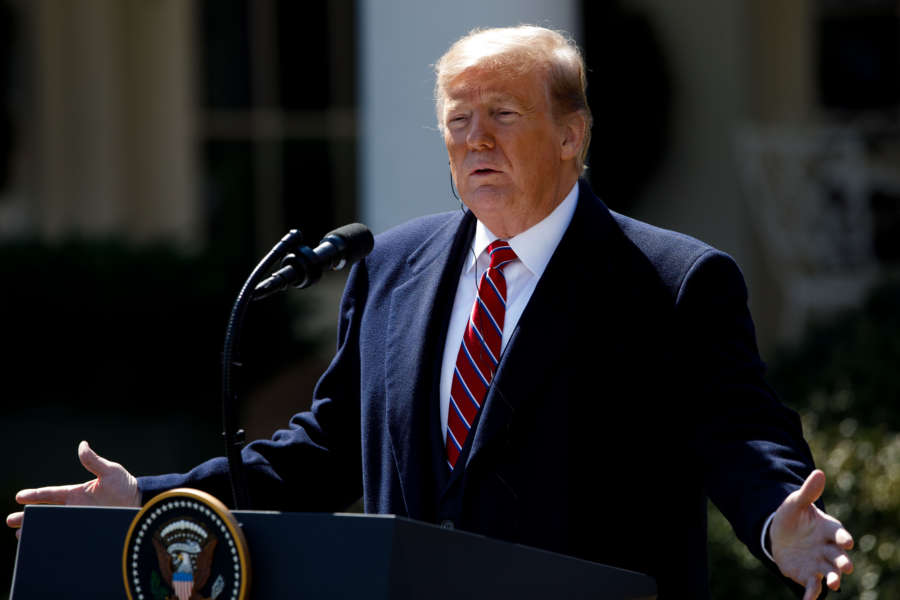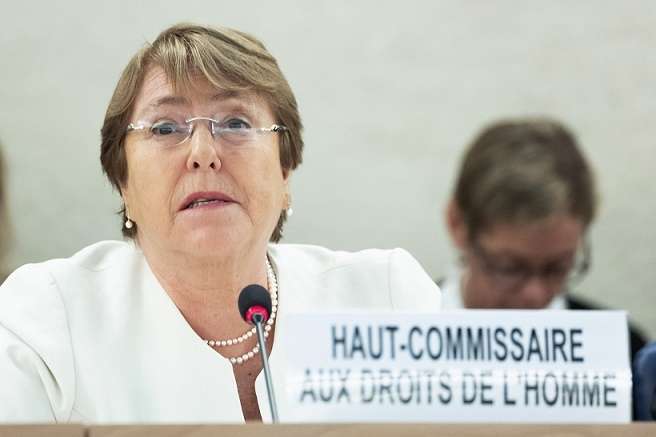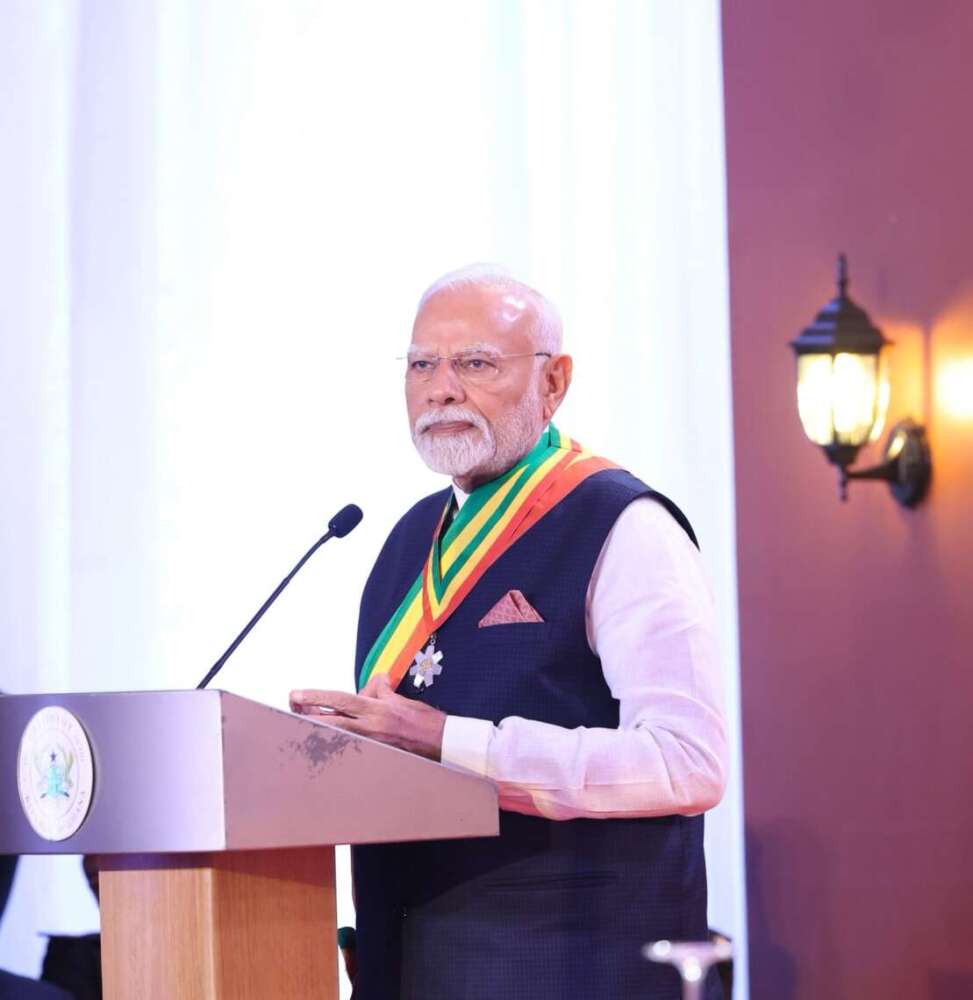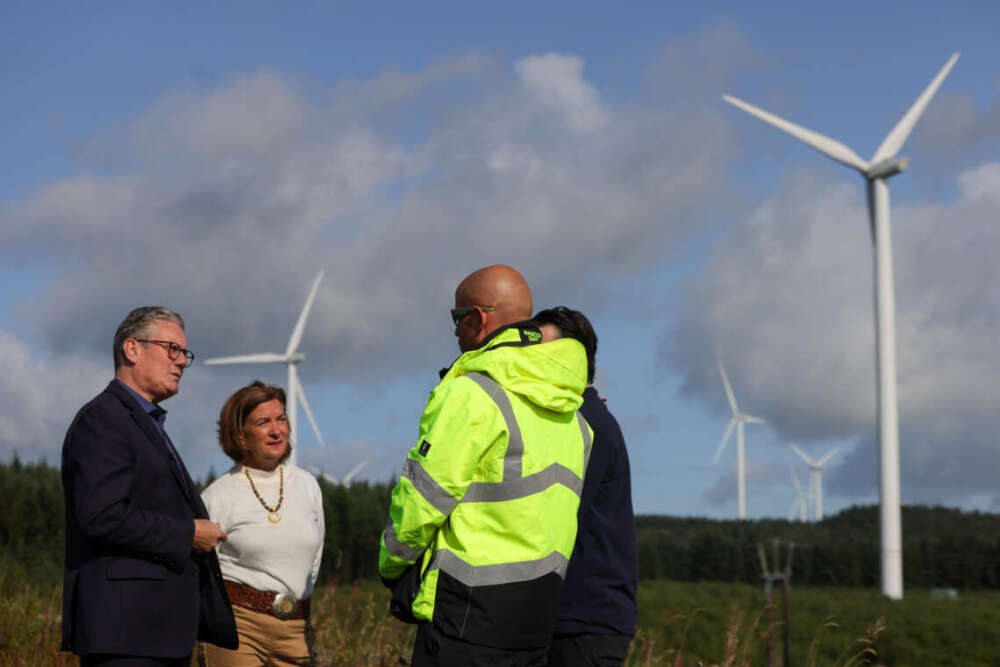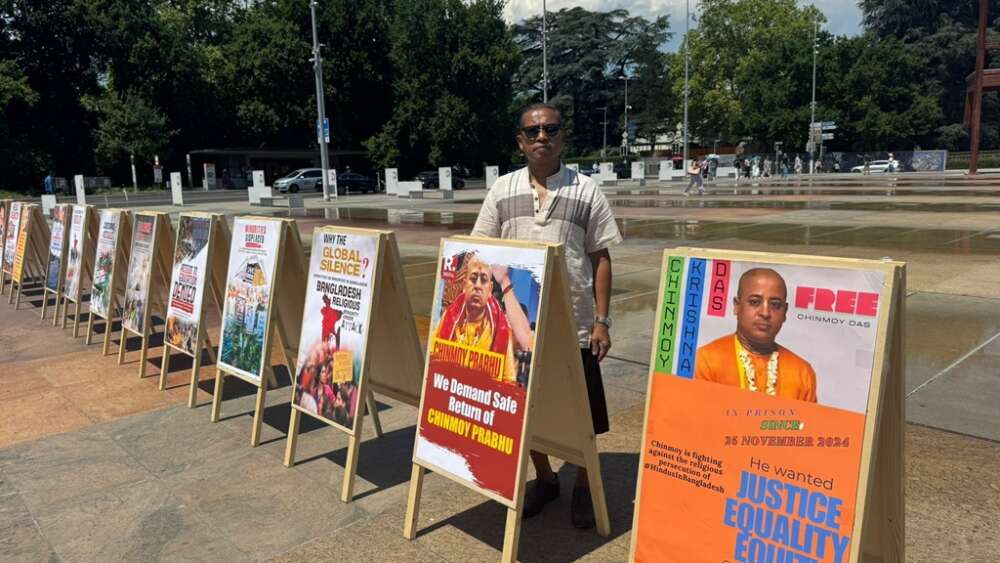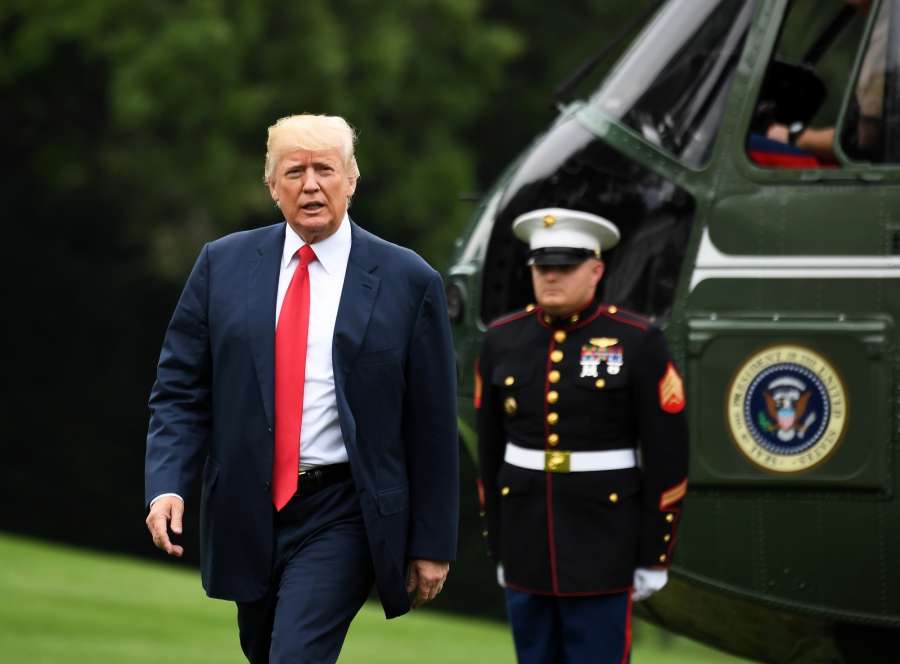
The US will block some exports from China’s Xinjiang region, over alleged human rights abuses against the Muslim Uighur minority, the Department of Homeland Security (DHS) has announced.
The orders announced on Monday that “forced labour” was used to make the products, including at a “vocational” centre it called a “concentration camp”, reports the BBC.
The export ban includes garments, cotton, computer parts and hair products from five entities in Xinjiang as well as Anhui province.
The orders target four companies and one manufacturing site and fall short of the region-wide ban the Department had considered.
“These extraordinary human rights violations demand an extraordinary response… This is modern-day slavery,” the BBC quoted Kenneth Cuccinelli, the DHS’s Acting Secretary, as saying to the media on Monday.
“Because of its unique nature, being, applying to a region as opposed to a company or a facility, we are giving that more legal analysis.
“We want to make sure that once we proceed that it will stick, so to speak,” he added.
Responding to the development, Mark A. Morgan, Acting Commissioner of US Customers and Border Protection agency, said that the orders “send a clear message to the international community that we will not tolerate the illicit, inhumane, and exploitative practices of forced labour in US supply chains”.
The move is the latest by President Donald Trump’s administration to put pressure on China over the situation in Xinjiang, the BBC reported.
Uighurs, who are mostly Muslim, are ethnically Turkic and make up about 45 per cent of Xinjiang’s population.
Earlier this year, a report by China scholar Adrian Zenz found that the Asian giant was forcing women in the region to be sterilised or fitted with contraceptive devices.


